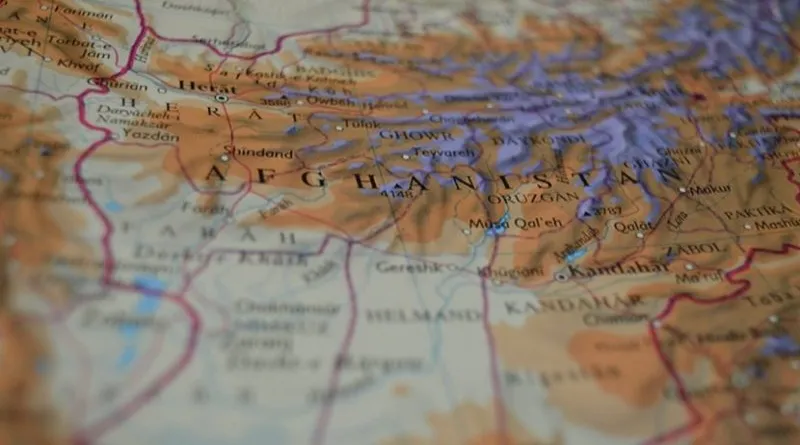
There has been a noticeable rift between the Tekhrek e Taliban Pakistan (TTP) and the Islamic Emirate Afghanistan (IEA) for quite some time, and the causes are not political but ideological.
The IEA has fought against external interference, whereas the TTP, influenced by al-Qaeda, adheres to Takfiri ideology and pursues expansionist objectives. This fundamental ideological difference has resulted in the TTP and Islamic State of Khurasan Province (ISKP) being perceived as natural allies, as they share an identical point of view. However, it should be noted that both factions’ activities have only contributed to increased bloodshed and instability in the region.
Recently, a senior religious scholar, Rauf Etminan, came up with a new fatwa saying that no Afghan citizen needs to perform Jihad outside Afghan territory. Indeed, it is a very powerful decree to fight against extremism in the name of Jihad and to condemn any alleged action that may harm the dignified image of the Afghan Taliban. The ISKP reacted significantly to the decree and rejected the Sharia-based Fatwa of the IEA. The decree has a significant impact on the terrorist activities of ISKP because the organization has alleged ambitions to establish a caliphate in south and central Asia, which is a severe threat to the peace of South Asia.
From ideological evidence, it is not hidden that TTP and ISKP have a natural nexus against the IEA. Hence, the differences arose when the IEA came up with the Fatwa to eradicate the sentiments of extremism and terrorism activities in the country and discourage the wrong motive of Jihad. The TTP, ISKP, and IEA dispute has a complicated and long history. Evidence shows that the ISKP and TTP worked together to target the TTA, increasing regional tensions and violence. In addition, the TTP leadership has provided a distorted explanation of a recent Taliban decree, aggravating the conflict. Despite efforts to negotiate peace, the situation remains unpredictable and volatile. All stakeholders must collaborate to stabilize the region and prevent additional violence and damage. The international community must carefully monitor the situation and aid those suffering from the violence. We can only expect to end this cycle of violence and create a more peaceful future for everyone through a sustained and concerted effort.
Concerning is the fact that the ISKP is trying to get lower-level IEA personnel to quit as part of a larger plan to commit terrorist acts. These efforts weaken rivals by inciting internal disputes, adding to the region’s bloodshed and instability. Further complicating matters is that the ISKP acts as India’s proxy and promotes a platform that is both anti-Muslim and anti-Islam. Consequently, all stakeholders must work together towards a peaceful resolution. To prevent further damage and violence, the international community must closely monitor the situation and assist those afflicted by the conflict.
The TTP, ISKP, and IEA conflict is complex, multifaceted, and centered on ideological, political, and strategic differences. The recent Fatwa issued by the IEA prohibiting Afghan citizens from engaging in Jihad outside of Afghanistan has widened the rift between the IEA and its adversaries, who deny its authority and legitimacy. The ISKP and TTP have allied against the IEA and have continued launching attacks in Afghanistan and Pakistan against IEA targets and civilians. The ISKP acts as India’s regional proxy and recruits low-level IEA members to join its ranks. The situation is highly unpredictable and volatile, endangering the stability of South Asia. Humanitarian help and the international community’s vigilant monitoring of the situation are required. To avoid additional loss of life and property, all sides must work together to resolve the dispute peacefully. Peace in the region can only be maintained through open communication and collaboration.
